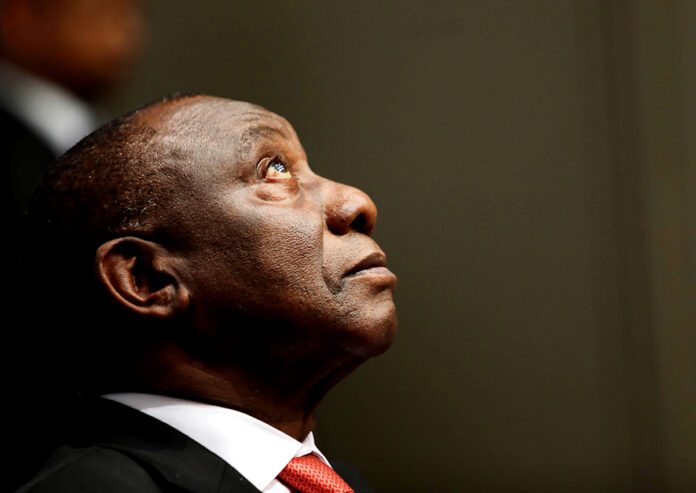As President Cyril Ramaphosa prepares to deliver the state of the nation address (Sona), expectations are high in the education sector that he will use it to make bold announcements that usher in a period of more action and less talk.
Ramaphosa, who was re-elected as ANC president in December, is expected to deliver his Sona on Thursday, in the midst of unprecedented power blackouts that are crippling the economy.
South African Democratic Teachers’ Union (Sadtu)general secretary Mugwene Maluleke said the country needed an immediate action plan to deal with loadshedding because it impacts everyone and everything, including education.
“He must tell the nation that commissions and meetings are over now and action to govern is in place,” he said.
“We need concrete steps to deal with crime and restoration of law and order because the level of vandalism is unacceptable and it’s as a result of lawlessness and failure to govern by a government that wants to nurse and negotiate with criminals.
“The violence in education must be attended to as a matter of urgency as it impacts on all our workers and students from basic to higher education.”
Maluleke said the budget for infrastructure has to be centralised and the tender system scrapped with the department of public works tasked with building education infrastructure.
“The centralisation is to allow monitoring and accountability,” Maluleke said.
“We need recreational facilities to motivate learning and healthy relationships to deal with discipline and bullying,” he said.
Maluleke said more teachers and assistant teachers were needed to help the pupils overcome the learning gaps caused by Covid-19.
The National Education, Health and Allied Workers’ Union national spokesperson Lwazi Nkolonzi said the union expected the Sona to make bold pronouncements that the government would move away from its neoliberal policy orientation, which has seen a persistently stagnant allocation of subsidies and student funding in the post-schooling system.
“This amid rising student enrolments, demand for student housing, infrastructure and fee hikes. This neoliberal policy orientation has undermined our developmental and transformational agenda.
“Equally, we expect the Sona to outline that the government will allocate adequate resources to the post-school education and training sector in order to
provide quality learning and training for students,” said Nkolozi.
Encouraged by Ramaphosa’s mention of the early childhood development sector in his remarks at the basic education lekgotla held late last month, Prof Eric Atmore, the director of the Centre for Early Childhood Development, said the sector was holding its thumbs that Ramaphosa will put “young children first”.
“The early childhood development (ECD) sector would welcome a doubling of the ECD subsidy and that all children must become illegible for the subsidy,” he said.
Atmore said the sector did not have a teacher training plan, adding that it has to be a priority for South Africa to ensure one is put in place.
“The national integrated ECD policy, which cabinet approved in December 2015, must finally be fully implemented with the presidency monitoring performance and holding minsters and public officials accountable,” he said.
Senior researcher and budget analyst at Section 27 Daniel McLaren said they are looking for commitment from Ramaphosa to end austerity measures that have been applied to all government programmes. He said there have been budget cuts over the past decade, particularly in education and health.
McLaren said the cuts have resulted in shortages in workers in both sectors, increase in classroom sizes, and longer waiting times in health facilities.
“Part of ending austerity is to commit to ensuring that every single public school is funded at minimum prescribed levels, currently that has not been happening for the past decade, especially for quintile 1 to 3 schools, which are the no-fee schools and are completely reliant on government funding,” he said.
“We also want to see measures to improve the quality of spending especially in infrastructure spending which is prone to corruption.”
“We would like to see the public procurement bill in parliament by the time of the budget speech.
“It would go a long way in improving transparency and effectiveness of public procurement,” said McLaren.
Follow @SundayWorldZA on Twitter and @sundayworldza on Instagram, or like our Facebook Page, Sunday World, by clicking here for the latest breaking news in South Africa. To Subscribe to Sunday World, click here



